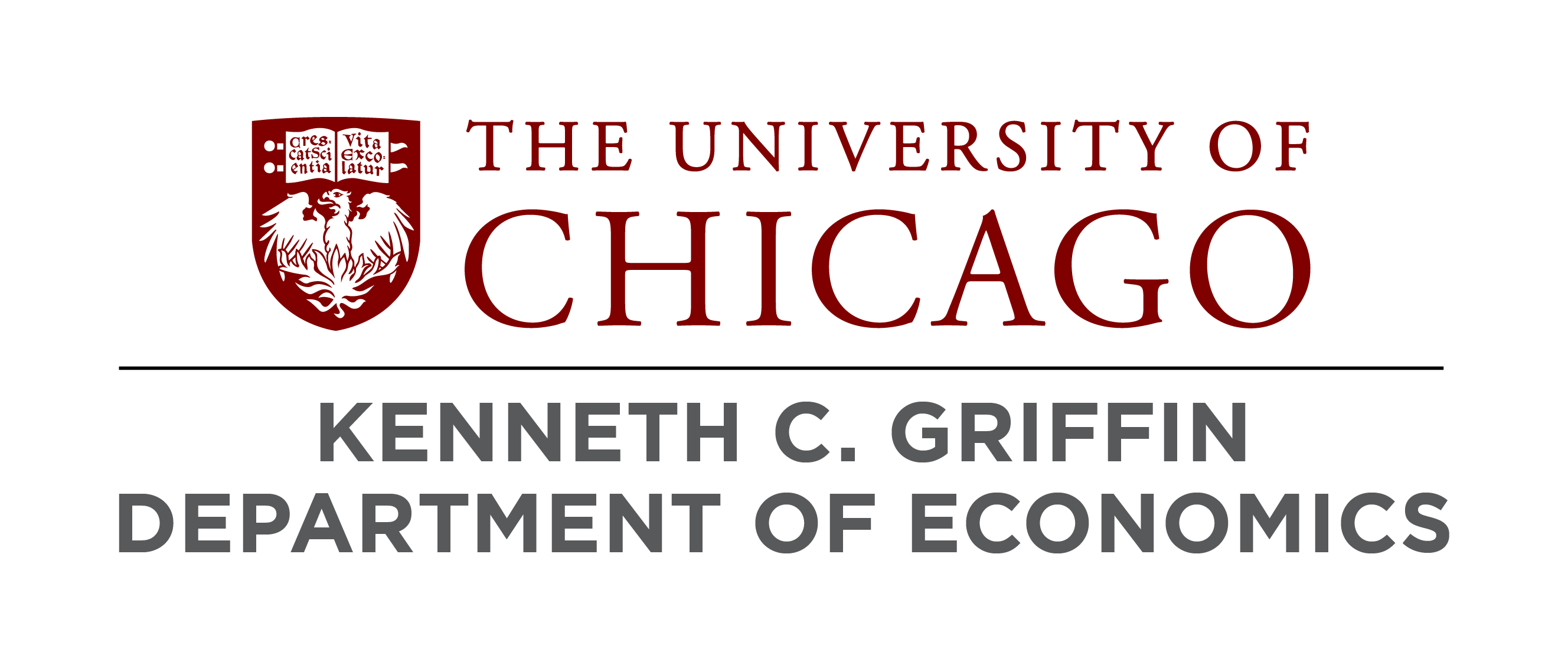"JOURNAL OF POLITICAL ECONOMY" UPDATES AND ANNOUNCEMENTS (2022)
PUBLISHED ON FEB 17, 2022
The Journal of Political Economy (JPE) is one of the oldest and most prestigious journals in economics. The journal publishes highly selective and widely cited studies across a wide range of subject areas in economics. In line with these objectives, the JPE is launching two new journals, as well as announcing changes to its editorial board and policies.
1. LAUNCH OF TWO NEW JOURNALS
The University of Chicago Press and the Kenneth C. Griffin Department of Economics at the University of Chicago are pleased to announce the establishment of two new journals in the JPE family:
- Journal of Political Economy Microeconomics (JPE Micro)
- Journal of Political Economy Macroeconomics (JPE Macro)
The journals will publish high-quality theoretical and empirical academic papers in the areas of microeconomics and macroeconomics, respectively. The journals will be vertically integrated with the Journal of Political Economy. These journals aspire to publish the highest quality research in their respective fields, outside the top general-interest journals.
In the last decade, the number of submissions to the Journal of Political Economy has more than doubled, reflecting a broader trend among academic economists. These new journals will enable a broader set of papers to be published in JPE journals, including papers that are deemed too specialized to fit in the Journal of Political Economy. This will allow a broader set of researchers’ works to be published under the JPE banner. The vertical integration with the JPE will benefit the profession at large by economizing on referees’ time and lowering time to publication for those successful papers. For details of the submission process, and integration with the JPE, visit the JPE Macro and JPE Micro submission pages.
- The lead editor of JPE Micro is John List (University of Chicago). The editorial board consists of Eduardo Azevedo (University of Pennsylvania), Lint Barrage (U.C. Santa Barbara), Anna Dreber Almenberg (Stockholm School of Economics), Matthew Grennan (Berkeley), Christian Hansen (University of Chicago) and Juanna Schrøter Joensen (University of Chicago). JPE Micro strives to publish high-quality theoretical, empirical, and econometric research papers and replication studies that address issues of relevance to microeconomics. Microeconomics is interpreted in the broadest possible sense and includes issues related to how individuals, households, firms, and governments make choices, and how those choices affect prices, the allocation of resources, and the well-being of people. JPE Micro welcomes submissions in all areas of microeconomics including, but not limited to, industrial organization, labor, behavioral, experimental, environmental, urban/regional/international, public, health care, and development economics.
- The lead editor of JPE Macro is Greg Kaplan (University of Chicago). The editorial board consists of Cristina Arellano (Federal Reserve Bank of Minneapolis), Anmol Bhandari (University of Minnesota), Ariel Burstein (UCLA), Chris Tonetti (Stanford University), Joe Vavra (University of Chicago). JPE Macro strives to publish high-quality theoretical and empirical research papers that address issues of relevance to macroeconomics. Macroeconomics is interpreted in a broad sense and includes issues related to the traditional macroeconomic topics of growth, fluctuations, and distribution, as well as issues that connect and interact with topics from monetary economics, labor economics, finance, trade, international economics, industrial organization, political economy, public finance, and development economics.
2. JPE EDITORIAL UPDATES
The JPE underwent significant changes to its editorial board in 2021. Harald Uhlig’s term as lead editor ended, and Magne Mogstad took over the role on July 1. In addition, James Heckman’s editor term ended, and five new editors joined the board.
The current team of editors consists of the following ten economists:
Andrew Atkeson (UCLA), Melissa Dell (Harvard University), Emir Kamenica (Chicago, Booth), Greg Kaplan (Chicago, Econ), John List (Chicago, Econ), Lance Lochner (Western University), Magne Mogstad (Chicago, Econ), Esteban Rossi-Hansberg (Chicago, Econ), Azeem Shaikh (Chicago, Econ), and Chad Syverson (Chicago, Booth).
In addition, Mark Bils (University of Rochester), Leonardo Bursztyn (Chicago, Econ), and Rachel Griffith (University of Manchester) will be joining the team of editors in 2022. Only Chad Syverson’s term will be ending in 2022.
The expansion of the team of editors serves several purposes:
It reduces the workload of each editor and expands the board’s expertise in a larger number of subject areas in economics. This allows the JPE to continue to improve the quality of the editorial work and reduce turnaround times. Table 1 and Figure 1 present the turnaround times for the current team of editors at the JPE.
Table 1. Summary statistics of turnaround times, current JPE editors
Figure 1. Turnaround times, current JPE editors
The expansion of the team of editors also allowed the JPE to implement a stricter conflict-of-interest policy, aimed at improving transparency and helping to maintain trust in the editorial process:
“The JPE seeks to avoid conflicts of interests for editors, in which the relationship to the authors could bias judgement of the manuscript. Therefore, editors are generally not assigned manuscripts by an individual who works at the same institution as the editor, or has served as the graduate student advisor of the editor, or where the editor had an advising role for the individual as a graduate student, or where the individual is an active or recent co-author of the editor, or where the editor or the lead editor judges there to be a concern due to some other close relationship.”
These changes are a direct response to the tremendous growth and potential of both the journal and the field of economics. The JPE is 130 years strong, and these expansions will help to ensure another century of economic thought leadership.
To view this original announcement, visit journals.uchicago.edu.
 THE UNIVERSITY OF CHICAGO
THE UNIVERSITY OF CHICAGO

